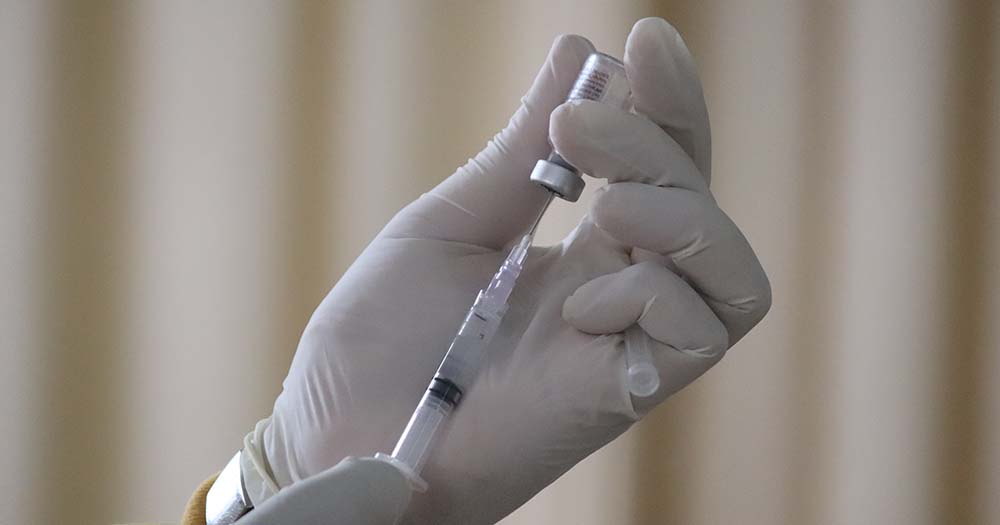Phase I clinical trials of a new HIV vaccine called eOD-GT8 60mer produced promising results with preliminary data indicating that the vaccine successfully produced an immune response against HIV infection in 97% of recipients.
In 2018, the International AIDS Vaccine Initiative announced that clinical trials for the human immunodeficiency vaccine were in production. The trials were designed to examine how participants’ white blood cells responded to the vaccine, and the first HIV vaccine results were published on World AIDS Day, December 1, in the Science Journal.
William Schief, a professor in immunology and microbiology who is involved with the study explained how the vaccine is supposed to work. He said, “There’s only a few patches on the surface of the HIV spike that remain the same or relatively the same across different isolates. And we’re trying to elicit very specific antibodies that have very specific properties that allow them to bind to those exact patches.”
The vaccine is designed to gradually train the immune system to fight the virus. Through a series of multiple jabs, the vaccine will elicit immune responses. With each injection, molecules will grow closer to resembling the HIV viruses until the body can produce antibodies that recognise and bind to a wide variety of HIV subtypes.
This is the first time that a vaccine has elicited “made-to-order” antibodies in humans. Researchers shared that while initial findings were very good, they still need to gain a better understanding of how long the antibodies will last.
For nearly 40 years, researchers have been trying to develop a vaccine to fight HIV, but so far, only a few people have successfully been cured of an HIV infection. Compared to other viruses, HIV is particularly challenging to vaccinate against because it quickly evolves and mutates which makes it difficult for the immune system to recognise.
The trial was also created to assess the vaccine’s safety, and no one from the initial trial has reported any serious side effects. Scientists are confident that this vaccine design strategy will help create vaccines for other difficult pathogens as well, and Moderna is in the process of developing a similar HIV vaccine.
© 2022 GCN (Gay Community News). All rights reserved.
Support GCN
GCN is a free, vital resource for Ireland’s LGBTQ+ community since 1988.
GCN is a trading name of National LGBT Federation CLG, a registered charity - Charity Number: 20034580.
GCN relies on the generous support of the community and allies to sustain the crucial work that we do. Producing GCN is costly, and, in an industry which has been hugely impacted by rising costs, we need your support to help sustain and grow this vital resource.
Supporting GCN for as little as €1.99 per month will help us continue our work as Ireland’s free, independent LGBTQ+ media.
